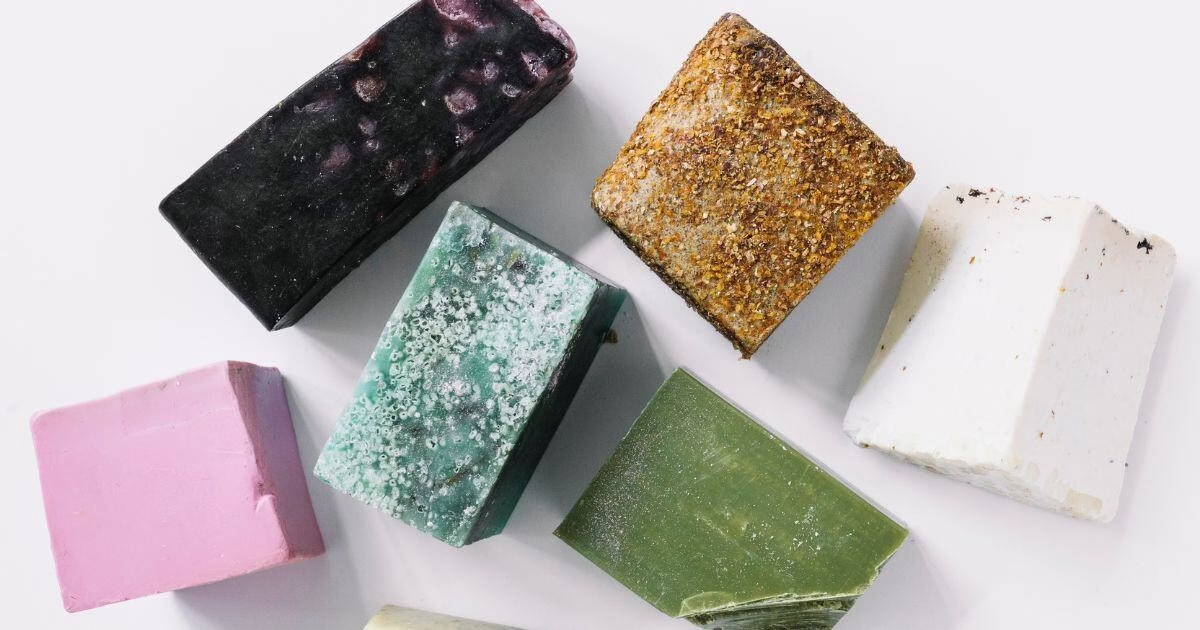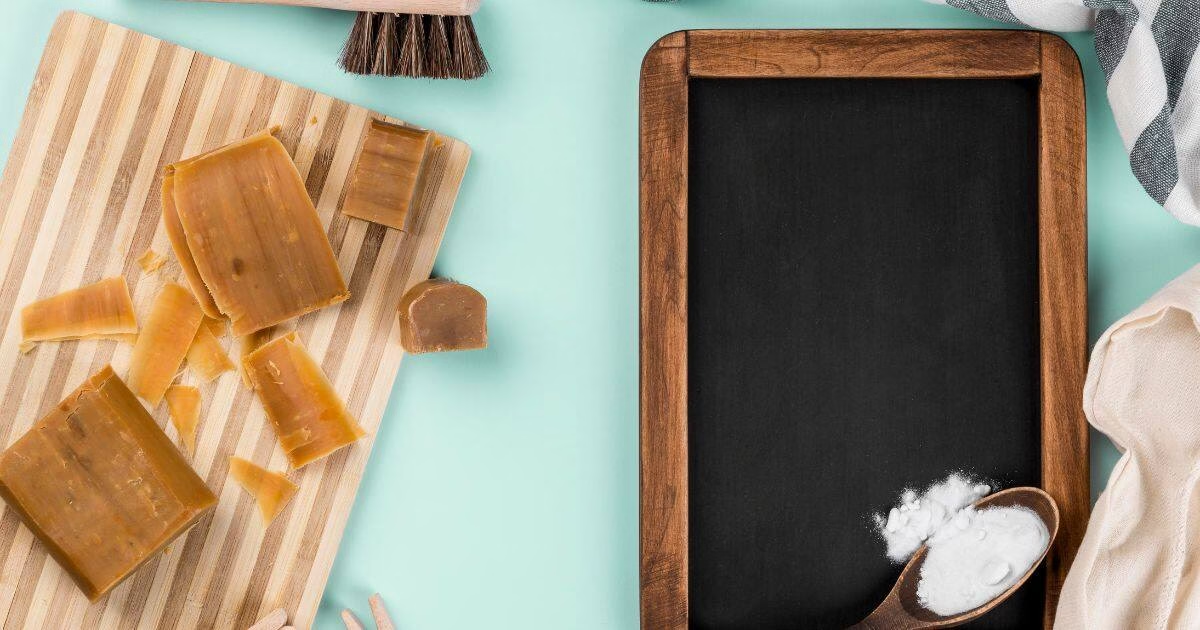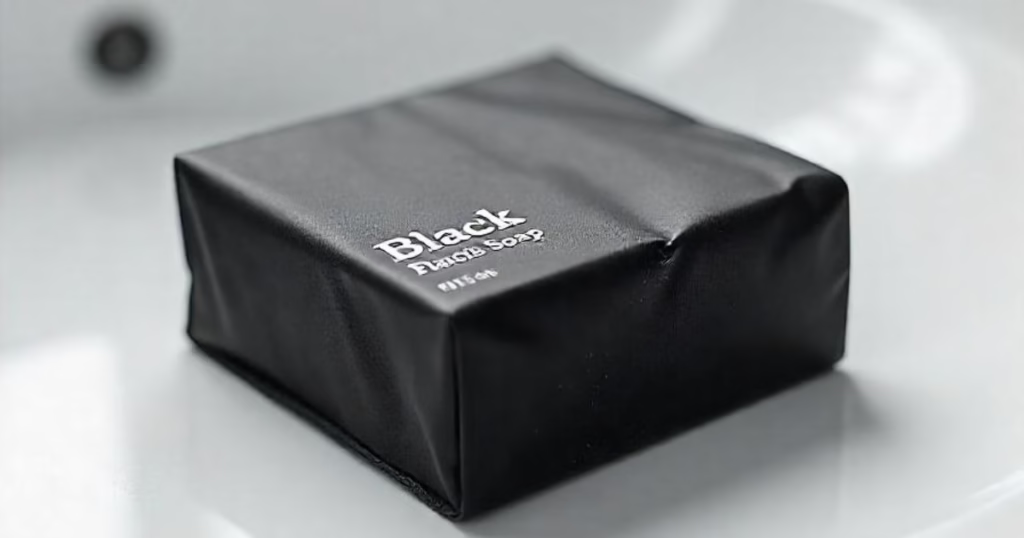Black Soap
What is Black Soap?
Black soap is more than just a cleanser—it’s a centuries-old remedy that’s been passed down through African traditions. It’s revered for its purity, natural composition, and holistic approach to skincare. Unlike commercial soaps filled with synthetic chemicals, soap is made with handpicked natural ingredients, giving your skin a truly organic treat.
The Origins of Black Soap
This miracle soap hails from West Africa, especially Ghana and Nigeria. Known locally as ose dudu or anago soap, it’s deeply rooted in local culture and wellness rituals. Women in African villages have handcrafted soap for generations, often using it to treat a wide range of skin conditions.
Traditional Ingredients Used in Black Soap
The recipe might vary slightly by region, but the core ingredients include roasted plantain skins, cocoa pod ash, palm kernel oil, coconut oil, and unrefined shea butter. This natural blend gives soap its distinct dark color and rough texture. Every ingredient brings its own skin-loving benefit—plantain for exfoliation, shea for moisture, and coconut oil for cleansing.
Types of Black Soap
There are several versions of soap out there, but not all are created equal. Knowing the difference between traditional and commercial versions can help you choose the best one for your skin.

African Black Soap
This is the original, raw, and handmade version from Africa. It’s usually brownish-black, soft, and uneven in texture. It contains no chemicals, preservatives, or dyes—just pure, wholesome goodness for your skin.
Commercial vs. Traditional Black Soap
Commercial soaps often contain additives, synthetic fragrances, and preservatives. They may look sleek in packaging but lack the natural benefits of traditional soap. Real soap is rustic and crumbly—don’t be fooled by smooth, jet-black bars with artificial shine.
Benefits of Black Soap
The benefits of soap are what make it a standout skincare essential. It’s like a superhero for your skin—cleansing, healing, and balancing all at once.
Deep Cleansing and Detoxification
Black soap works like a magnet to draw out dirt, oil, and impurities from your pores. It deeply cleanses without stripping your skin’s natural oils, leaving your face feeling fresh and clean.
Acne and Blemish Reduction
Thanks to its antibacterial and anti-inflammatory properties, soap helps reduce acne, pimples, and blackheads. It kills acne-causing bacteria while calming irritated skin—ideal for teenagers and adults alike.
Natural Exfoliation
The gritty texture of soap acts as a gentle exfoliator. It helps slough off dead skin cells, revealing smoother, brighter skin underneath—no need for harsh scrubs.
Balancing Oily Skin
If you constantly battle an oily T-zone or greasy complexion, soap can help regulate your skin’s sebum production. It keeps your face from looking shiny while maintaining hydration.
Anti-Aging and Wrinkle Reduction
Loaded with antioxidants like vitamins A and E, soap combats signs of aging. It helps fade fine lines, tighten skin, and improve elasticity over time—giving you a youthful glow naturally.
Fights Skin Conditions (Eczema, Psoriasis, etc.)
Many users with chronic skin conditions report relief after switching to soap. It calms inflammation, reduces itching, and supports healing without harmful steroids or chemicals.
How to Use Black Soap Properly
Black soap isn’t like your average store-bought bar—using it correctly ensures you get all the benefits without any downsides.

Daily Skincare Routine
Start by cutting a small piece of the soap and lathering it in your hands or a soft washcloth. Gently massage onto your face in circular motions, avoiding the eye area. Rinse thoroughly and follow up with a good moisturizer.
Patch Test: Why It’s Important
Because soap is potent and natural, always perform a patch test before full use. Apply a small amount to your wrist or behind your ear and wait 24 hours. If you notice redness, itching, or burning, it may be too strong for your skin.
Do’s and Don’ts When Using Soap
Do:
- Start slowly (2–3 times per week)
- Moisturize after use
- Store it in a dry place
Don’t:
- Rub the raw bar directly onto your face
- Leave it on your skin for more than a minute
- Use it on broken or irritated skin
Who Should Use Black Soap?
This versatile soap isn’t just for one skin type—it benefits many, though some may need to be cautious.
Skin Types Best Suited for Black Soap
Black soap is ideal for:
- Oily skin
- Combination skin
- Acne-prone skin
Its clarifying and balancing properties make it perfect for those who need to manage breakouts or excess oil.
Is It Safe for Sensitive Skin?
If you have sensitive skin, approach with caution. You might want to use diluted soap or one that’s blended with gentle ingredients like aloe vera or honey. Monitor your skin’s reaction and adjust accordingly.
Potential Side Effects and How to Avoid Them
Even natural products can cause side effects if not used properly. Here’s how to keep your skin happy.
Dryness and Irritation
Some people experience tightness, tingling, or even flaking. This usually happens if the soap is too concentrated or used too often.
How to Counteract Harsh Effects
- Always moisturize immediately after use
- Consider mixing soap with oils like olive or jojoba
- Avoid using it more than once a day, especially in dry climates
Read More: Does Paying Health Insurance Reduce Child Support?
DIY Black Soap Recipes
Want to go the extra mile? Try making your own version of soap at home. It’s easier than you think and totally customizable.

How to Make Traditional Black Soap at Home
You’ll need:
- Plantain skins (dried and roasted to ash)
- Palm kernel or coconut oil
- Unrefined shea butter
- Water
Mix the ash with water, then add your oils and shea butter. Stir until you get a thick, dark paste. Let it set and cure for a few days before using.
Customizing Black Soap with Natural Add-ins
Level up your DIY soap by adding:
- Honey: For hydration
- Turmeric: For brightening
- Tea tree oil: For fighting acne
- Oats: For extra exfoliation
Where to Buy Authentic Black Soap
With so many fakes on the market, finding real soap can be tricky. But it’s worth the hunt.
Signs of Genuine vs. Fake Black Soap
Real black soap:
- Brown to dark brown color
- Crumbly, soft texture
- Earthy smell
- No shiny or artificial finish
Fake black soap:
- Jet black and smooth
- Contains fragrance or coloring
- Commercially packaged with preservatives
Recommended Brands and Trusted Sources
- Alaffia (Fair Trade certified)
- SheaMoisture Raw Soap
- Nubian Heritage
- Local African vendors on Etsy or markets
Storage and Shelf Life Tips
Proper storage ensures you get the most out of your bar and avoid spoilage.

How to Store Black Soap Properly
Cut into small pieces and store the unused portions in an airtight container or wax paper. Keep the piece in use on a soap dish with drainage so it can dry between uses.
Extending Its Longevity
Avoid leaving it in water or direct sunlight. Dry it completely before storing, and only cut what you plan to use within a week or two.
Conclusion
Black soap is a raw, natural, and powerful skincare solution that’s stood the test of time. From cleansing and exfoliating to treating acne and reducing signs of aging, its benefits are endless. But like any skincare product, it works best when used correctly and consistently. Whether you buy it or make your own, soap can truly transform your routine—naturally.
FAQs
Can I use this soap every day?
Yes, but start slowly. Use it 2–3 times per week at first to see how your skin responds.
Does black soap lighten skin?
Not in a bleaching way, but it can help fade dark spots and even out skin tone.
Can black soap be used on hair?
Definitely! It works well as a natural shampoo and can cleanse the scalp thoroughly.
Is black soap good for babies?
It may be too harsh for babies’ sensitive skin. Check with a pediatrician before use.
Why is my skin tingling after using black soap?
That’s often due to the soap’s deep-cleansing action. If it burns or itches excessively, dilute it or reduce usage.

